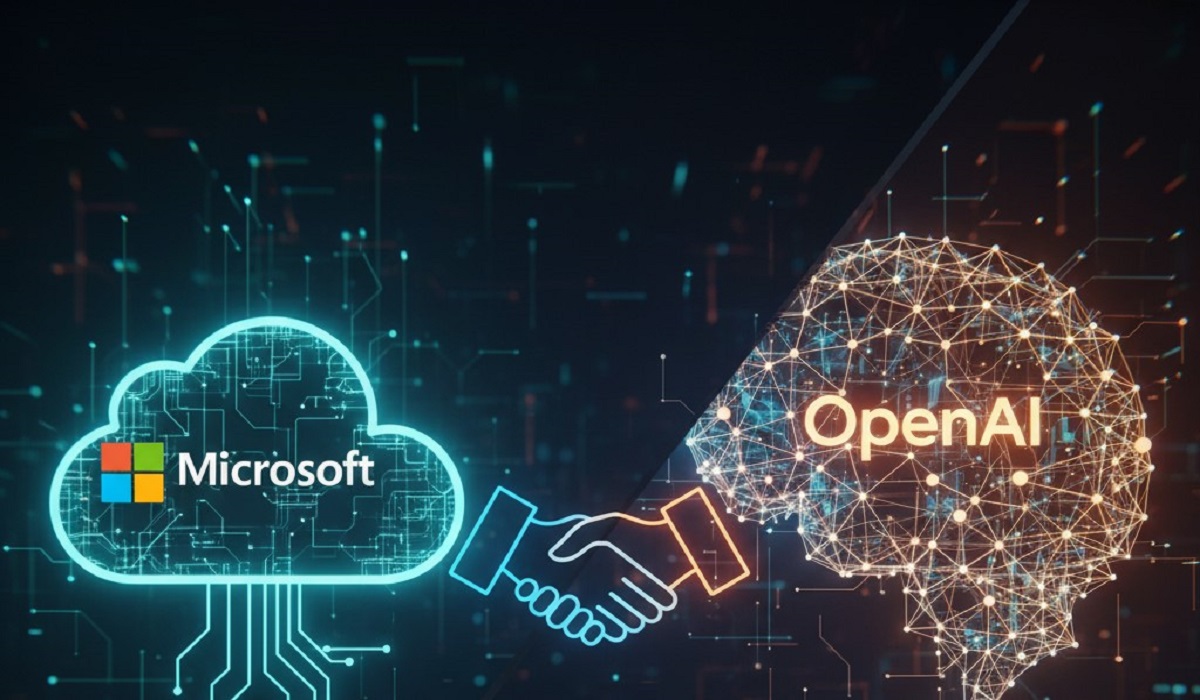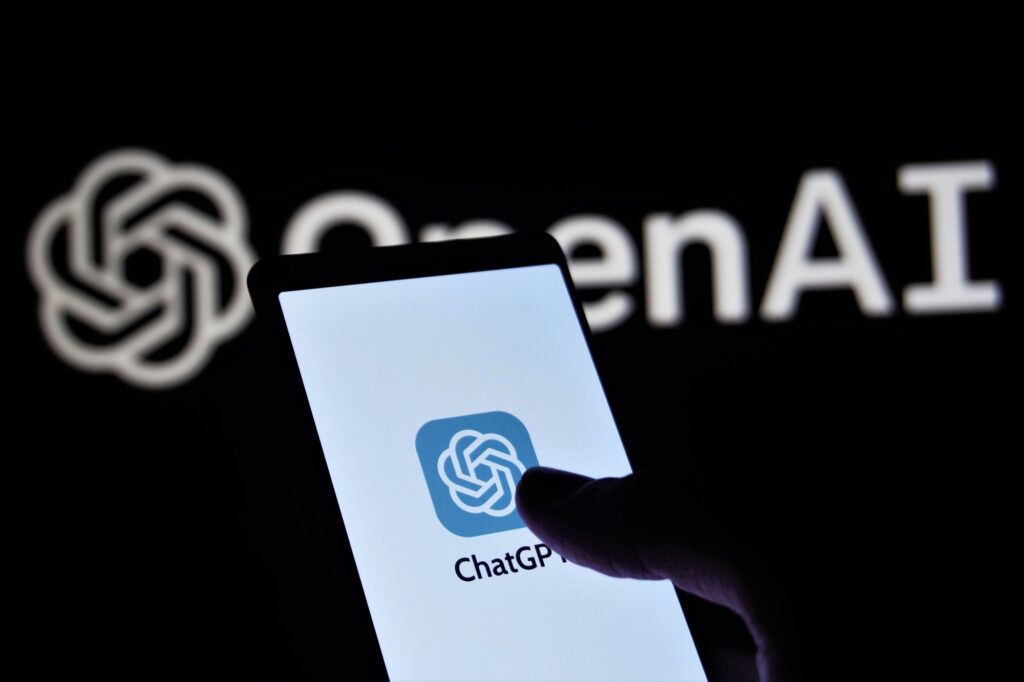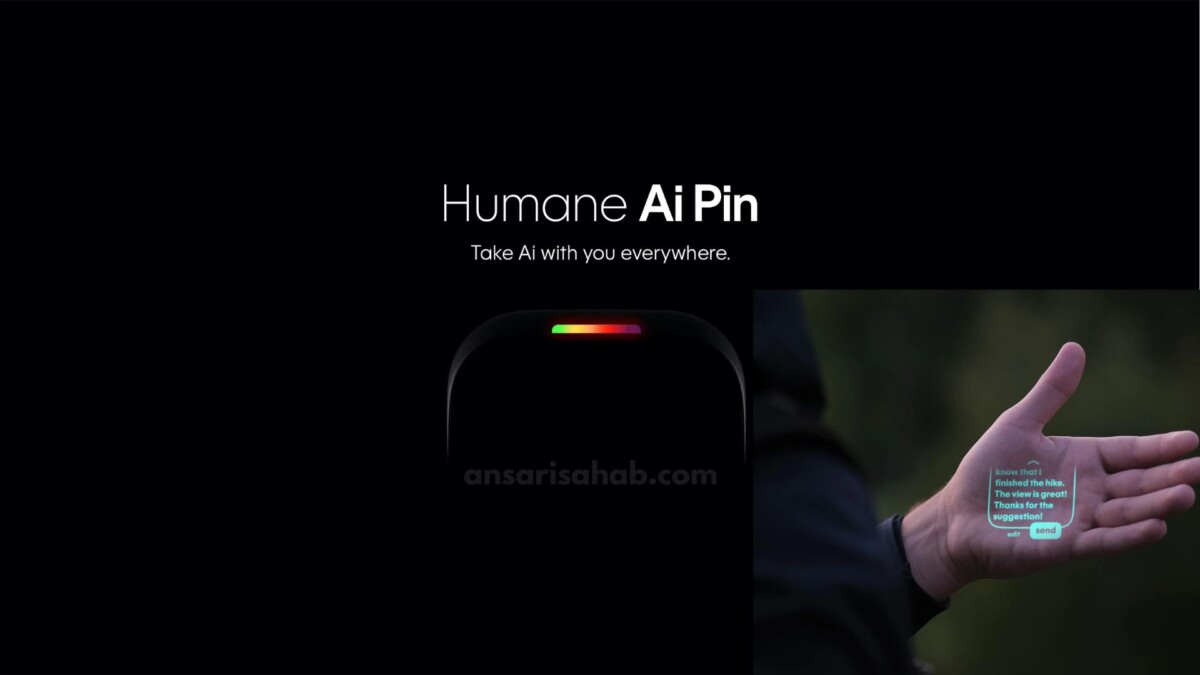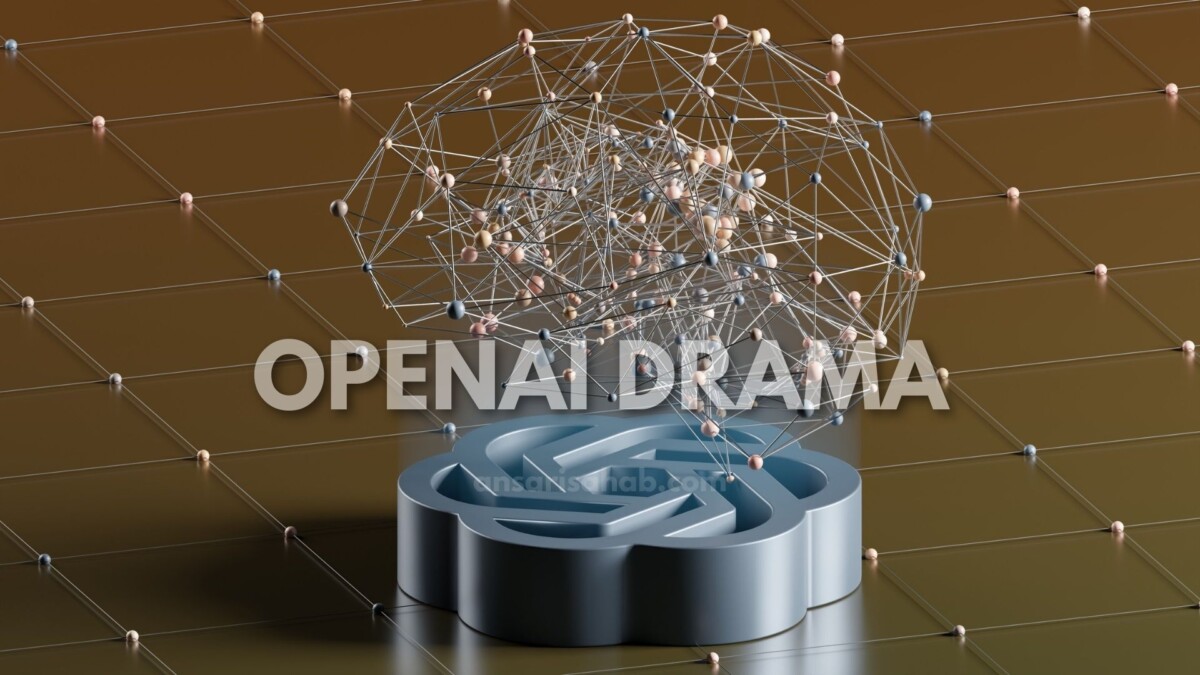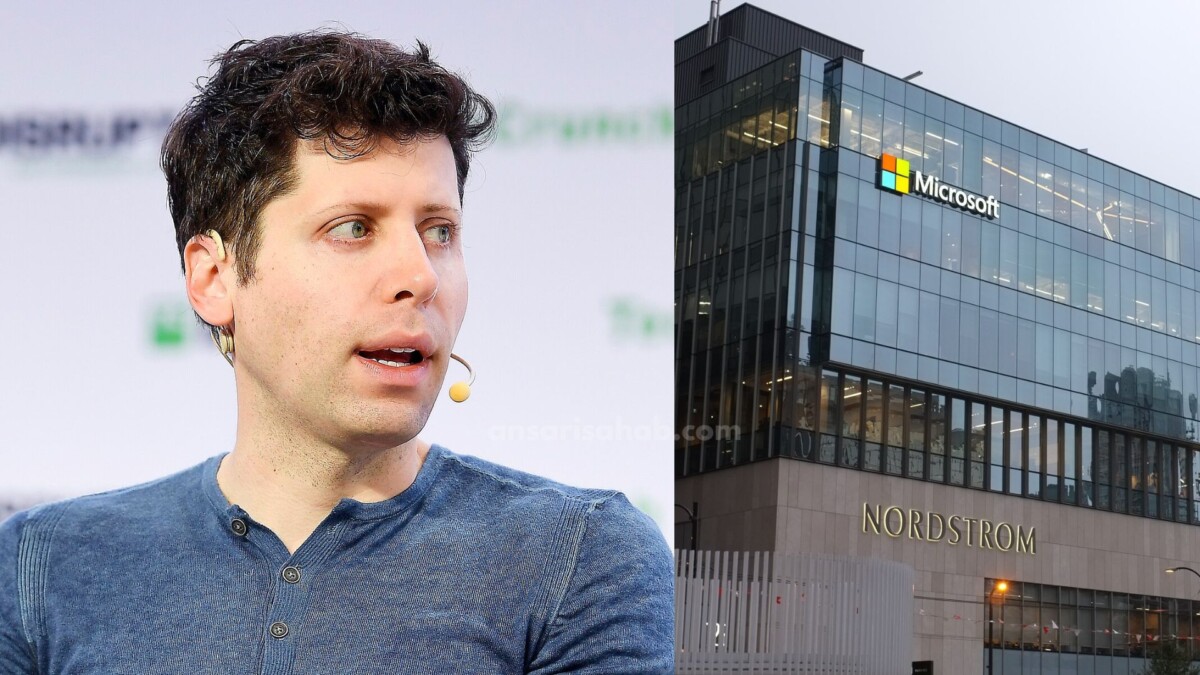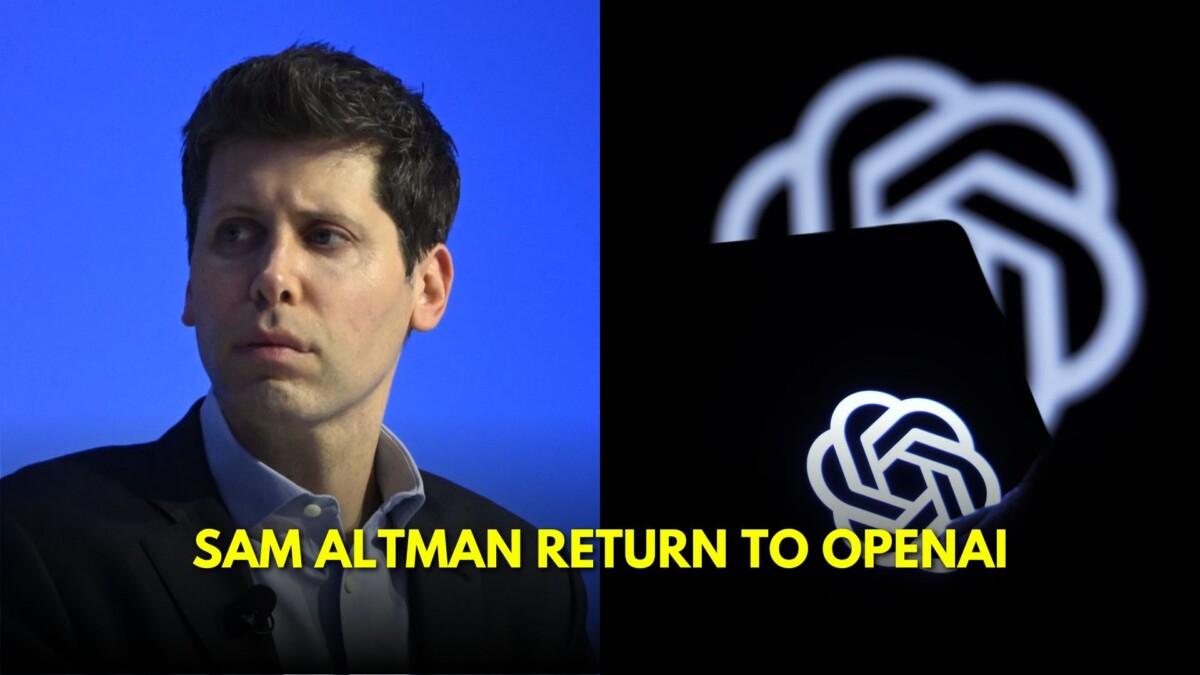Microsoft and OpenAI have announced a landmark agreement in 2025 that redefines their partnership and sets the stage for accelerated investment in artificial intelligence infrastructure and governance. The “Microsoft OpenAI deal” now allows OpenAI to raise capital freely, while Microsoft secures a 27 % stake and a long-term commitment to supply cloud resources.
What the Deal Entails
Under the terms of the Microsoft OpenAI deal:
- OpenAI has been restructured as a “public benefit corporation” (PBC), giving it more freedom to raise capital and scale operations.
- Microsoft will hold approximately a 27 % stake in the newly formed OpenAI Group PBC, valued at around US$135 billion.
- OpenAI commits to purchasing around US$250 billion in Azure cloud services from Microsoft over time.
- Microsoft retains exclusive intellectual-property rights and Azure API exclusivity for OpenAI’s models until at least 2032, though OpenAI may partner with other cloud providers for non-API products.
- Microsoft loses the right of first refusal to be OpenAI’s exclusive compute provider, shifting the dynamic of their relationship.
Why This Matters Now
The Microsoft OpenAI deal comes at a time when generative AI is rapidly scaling and requiring enormous computing power, massive infrastructure investment and clear governance frameworks. OpenAI’s transformation from a nonprofit-rooted research organisation into a revenue-generating enterprise signals both a maturation of the AI field and a kind of inflection point in how major tech partnerships operate.
Industry observers view this deal as clearing uncertainty around OpenAI’s capital-raising capabilities and Microsoft’s long-term role in frontier AI.
Background: From Research Partner to Strategic Stakeholder
Since Microsoft’s initial backing of OpenAI in 2019, the companies have worked closely on advancing artificial-intelligence research, building the Azure cloud infrastructure and commercialising models such as ChatGPT. Over time, tensions emerged around exclusivity, compute capacity and governance.
The restructuring now closes past limitations on OpenAI’s fundraising, resolves certain licensing and exclusivity issues and defines Microsoft’s stake more clearly. In effect, the Microsoft OpenAI deal realigns the relationship from one of dominant cloud vendor to deeper strategic equity partner.
Key Expert Perspectives
Analysts highlight multiple implications of the Microsoft OpenAI deal:
- Patrice Mesnier of Oldenburg Capital said the restructuring “provides clarity and sets the stage for both players to scale with greater confidence.”
- Raimo Lenschow at Barclays noted that while Microsoft gave up exclusive compute rights, the size of the Azure commitment and the stake in OpenAI are “significant positives” for Microsoft’s cloud business.
- Others warn that consolidation of AI power raises regulatory and competitive risks: with Microsoft anchored deeply in OpenAI’s future, scrutiny over market dominance may increase.
What This Means for Microsoft, OpenAI and the Broader Market
For Microsoft
The deal solidifies Microsoft’s positioning at the centre of AI innovation. With a 27 % stake in OpenAI and a multi-hundred-billion-dollar Azure service commitment, Microsoft ties its cloud and AI businesses closely to OpenAI’s success. The company’s ambition to embed AI across productivity, cloud infrastructure and consumer apps gains further validation.
For OpenAI
Freeing itself from certain nonprofit constraints lets OpenAI pursue broader business models, raise more capital and scale infrastructure aggressively. The Microsoft OpenAI deal also offers a clearer pathway toward profitability and possibly an eventual public offering.
For the AI ecosystem and users
The restructuring means more compute, faster innovation and deeper AI embedding across industries. However, it also raises questions around competition, openness, model diversity and governance of AI systems. End users and businesses may benefit from more powerful tools, but the concentration of tech power will be closely watched.
Implications for Readers — What to Watch
- Businesses using Microsoft’s cloud or AI offerings will likely see intensified innovation and new AI-driven services tied to OpenAI’s roadmap.
- AI startups and competing cloud providers may face increased pressure as the Microsoft OpenAI deal creates a formidable tech axis.
- Policymakers and regulators will likely scrutinise such large-scale AI partnerships more closely, given potential risks to competition and governance.
- For everyday users, the ripple effect could mean more advanced generative-AI features in tools they already use (search, productivity apps, digital assistants) sooner than expected.
Final Word
The Microsoft OpenAI deal marks a pivotal moment in the evolution of artificial intelligence and cloud technology — institutionalising a partnership that may dictate the next decade of AI development. With clear governance, major investment and strategic realignment, both companies are positioning themselves for the frontier of AGI and enterprise-scale AI. For stakeholders across the tech world, from developers to regulators to end users, the implications are profound.

